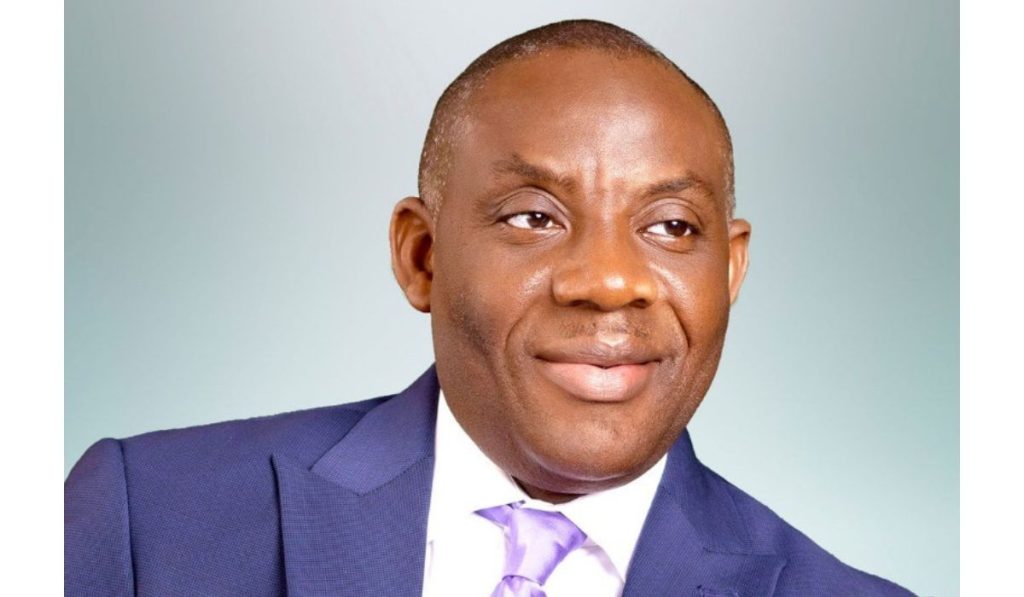
Olatunji Alausa, Minister of Education in Nigeria
The Federal Government has addressed recent reports suggesting the elimination of the Junior Secondary School (JSS) and Senior Secondary School (SSS) tiers within Nigeria’s educational framework. Contrary to these claims, the Ministry of Education has confirmed that the existing 6-3-3 structure, encompassing six years of primary education, three years of JSS, and three years of SSS, will remain unchanged.
At an Extraordinary National Council on Education meeting held on February 6, 2025, in Abuja, the Minister of Education, Dr. Maruf Olatunji Alausa, introduced a proposal aimed at enhancing the nation’s educational system. This proposal advocates for 12 years of compulsory education, emphasizing a seamless transition from JSS to SSS by removing the examination barrier between these stages. The intent is to allow students to progress without the hindrance of external assessments at this juncture.
The Ministry’s Director of Press, Folasade Boriowo, clarified the nature of this proposal, stating, “At the Extraordinary National Council on Education Meeting, the Honourable Minister of Education presented a proposal for discussion — not an immediate policy change. The proposal seeks to transition to 12 years of compulsory education while retaining the current 6-3-3 structure.”
To ensure a comprehensive evaluation, the Ministry plans to engage in extensive consultations over the next eight months. This process will involve discussions with education policymakers, state governments, teachers, parents, and other key stakeholders. The final decision regarding the adoption of this reform is scheduled for deliberation at the National Council on Education meeting in October 2025.
The Ministry urges the public to dismiss any misinformation suggesting that the JSS and SSS tiers have been abolished. The Federal Government remains committed to implementing policies that enhance access to quality education while aligning with global best practices.
This clarification underscores the government’s dedication to strengthening the educational foundation for Nigerian students. By proposing reforms that promote uninterrupted learning, the aim is to better prepare students for future academic and professional endeavors.
As discussions progress, the Ministry emphasizes the importance of stakeholder engagement in shaping an educational system that meets the needs of all Nigerians. The proposed 12-year basic education model seeks to provide a more cohesive and comprehensive learning experience, ultimately contributing to the nation’s socio-economic development.
While the proposal to enhance the educational structure is under consideration, the current Junior Secondary School and Senior Secondary School systems remain operational. The Federal Government is committed to ensuring that any educational reforms are thoughtfully deliberated and effectively implemented to benefit the nation’s youth.






